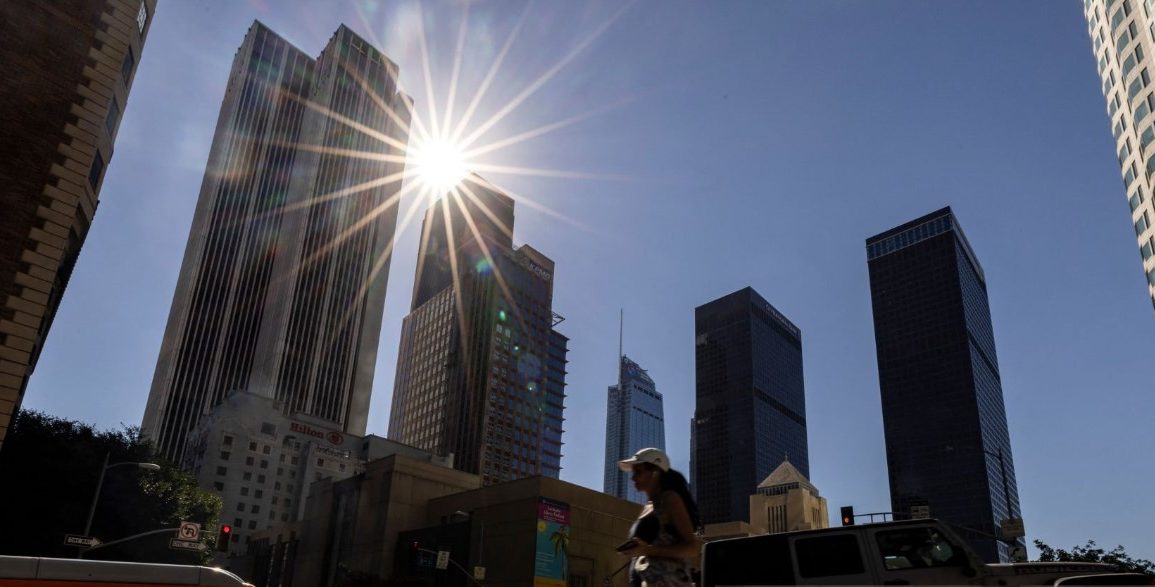Southern and eastern Europe are set to endure a severe heatwave this week, with temperatures in the Balkans expected to reach the high 30s to low 40s Celsius—significantly above the seasonal average.
This scorching heat, often more than 7°C above normal, is predicted to persist well into the night, with temperatures remaining uncomfortably high, often in the mid to high 20s.
Athens, Greece, is particularly affected, where night-time temperatures are forecast to stay at or above 30°C. This is largely due to the urban heat island (UHI) effect, which exacerbates heat retention in densely populated areas.
The UHI effect occurs when heat-absorbing materials, limited vegetation, and human activities trap the sun’s warmth, leading to elevated temperatures overnight.

This not only raises energy demands but also poses significant health risks, especially during prolonged heatwaves.
National weather services across several countries have issued excessive heat warnings and advisories, urging residents to take precautions.
The intense heat is expected to ease slightly towards the end of the week, with forecasts predicting thunderstorms and cooler conditions across the Balkans by the weekend.
The heatwave has also heightened the risk of wildfires, with authorities warning of potential outbreaks due to the prolonged dry and warm conditions.
Low humidity levels further exacerbate the situation. In Albania, wildfires erupted last week in the Dropull district, prompting the government to seek assistance from the European Union.
Similarly, numerous wildfires were reported across Greece and other Balkan regions over the weekend.
Greek officials have noted that this summer marks the most severe wildfire risk in two decades, following a mild and predominantly dry winter and spring.
The unusually dry conditions have made vegetation extremely flammable and led to critically low water levels in some reservoirs, raising concerns about possible water restrictions, particularly on the Greek islands during peak tourist season.

